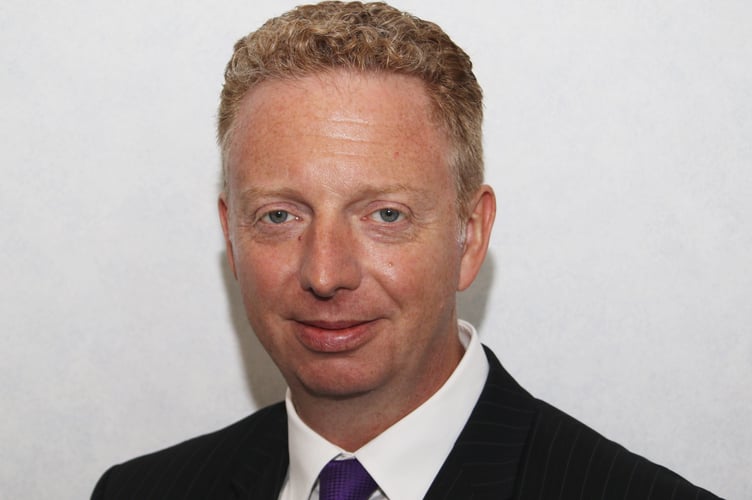Measures to put the National Insurance Fund back on a sustainable footing could ultimately allow a greater allocation to the cash-strapped Manx NHS.
But Treasury Minster Dr Alex Allinson insisted the planned changes are not a raid on the NI fund. ‘They are trying to preserve the NI fund,’ he said.
Among the possible options outlined in a report to be presented to next month’s Tynwald is scrapping the ‘triple lock’ policy – which increases pensions each year by whichever is the higher: 2.5%, CPI inflation or average earnings growth.
The triple lock would be replaced with another way to increase pensions each year in line with inflation.
Any change would only affect those who reached state pension age after April 5, 2019.
Unless changes are made, the NI Fund, which currently stands at £1.07bn, will be exhausted by 2047-48 – a situation highlighted in a UK actuary report last year
Dr Allinson said he wanted to start a ‘national conversation’ on the review of the NI Fund ahead of a full Tynwald debate.
National Insurance is the third largest source of government revenue and pays for the majority of pensions and benefits as well as contributing to the funding of the Manx NHS, a sum this year estimated at £52.7m.
Dr Allinson told Media Isle of Man: ‘We've known for quite a while that if we do nothing, the fund will run out.’
He said that putting up the retirement age higher and higher doesn’t actually do much to bolster the fund and similarly increasing the qualifying years for a full state pension makes negligible difference.
Scrapping the triple lock, however, will put the fund on an upward trajectory and ensure that that it never falls below a buffer of two times annual expenditure.
Dr Allinson said: ‘In my view [the triple lock] is not sustainable in the long-term without putting increased pressure on those who pay national insurance and I don’t think that this is fair.’
He said if we can move away from the triple lock and get the balance on a sustainable footing, it would provide the ability to increase the amount of money allocated to the health service.
‘At the moment there's no scope, because if we start drawing more and more money out of the NI Fund, it would just immediately diminish quicker,’ he said.
‘If we can stabilise it, then we've got more scope to use some of the NI Fund to support the health service.
‘We're not planning on taking large amounts of money from the fund, but we are looking at the current NHS allocations.
‘I think that there is flexibility with the size of the fund that it is at the moment to have a longer term viewpoint in terms of how much benefits are paid from it.’
This year’s Budget saw the higher rate on income tax rise by 2p, with the money raised ringfenced for health. Dr Allinson said then the increase in taxation was temporary and would be replaced by an NHS levy.
He said: ‘For the long term funding of healthcare, we need to make sure it comes in on budget but secondly, look at all the ways we can meet that budget.
‘Some of that is looking at the NI allocations. Some of that is looking at direct taxation. Some of that is looking at efficiencies within the healthcare service itself. And some of it is also looking at other things, like prescription charges.’
He said any changes to the NHS allocation will be alongside other ways of funding the health service, including a health levy and also a new immigration health surcharge.

-Gracel-delos-Santos-(M)-and-Ann-Marie-Craine-(R).png?width=209&height=140&crop=209:145,smart&quality=75)

.jpeg?width=209&height=140&crop=209:145,smart&quality=75)
